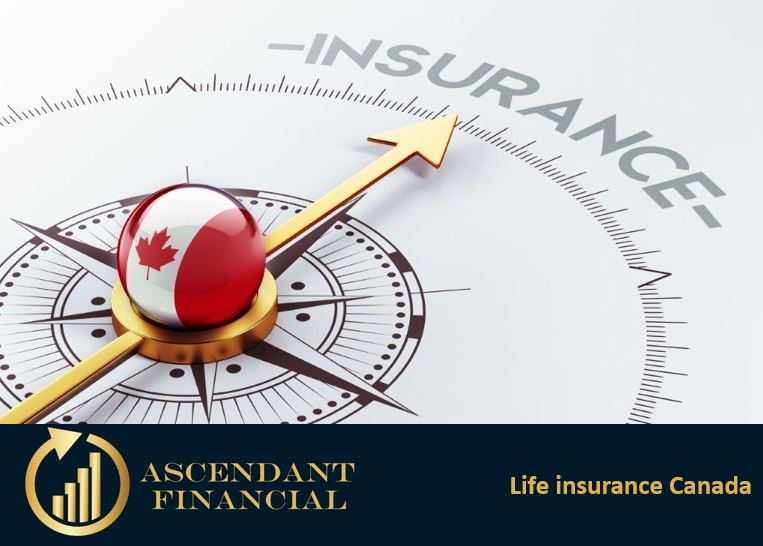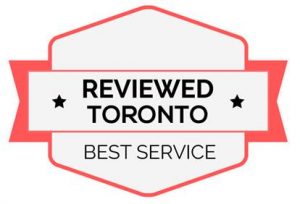Life insurance Canada calculator
Every life insurance company has its own proprietary way of calculating the rates for a given amount of death benefit based on the following factors:
- Age (it is important to note that companies round up when you are 6 months closer to your next birthday).
- Smoking status
- Gender
- Other health conditions and medications you may be taking
- Upcoming Travel plans or regular travel to countries that have a travel advisory for safety reasons
- Drug use such as marijuana, cocaine, ecstasy, LSD, barbiturates, etc. (Current usage or past usage, typically in the last 5 years or so)
- Alcohol consumption or history with alcohol abuse
- Mental Health such as depression or past attempts at suicide etc
- Family history (typically parents and siblings) any indicators of hereditary conditions are considered.
- Financial Underwriting does the income assets, and liabilities support the amount of coverage applied for. Is it reasonable under the circumstances etc?
But are these factors enough to decide your life insurance plan? You could spend all day calculating and getting quotes but still land on the wrong insurance plan that you eventually regret down the line. You could be running online quotes that actually are entirely irrelevant to your situation. What if you aren't being asked all the questions that the insurance company needs to really give you an accurate response.
The true measure of life insurance runs deeper than the parameters mentioned earlier. You need to consult a knowledgeable, trustworthy insurance advisor who considers the price of different insurance plans and considers your objectives, current resources, family, or business dynamic. Proper planning, although it takes time, proves to be immensely rewarding in the end. Your family and your business will thank you for it. There is a saying that if something is worth doing, it's worth doing well.















